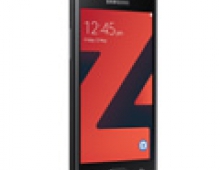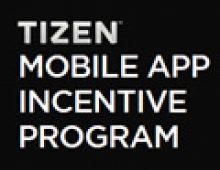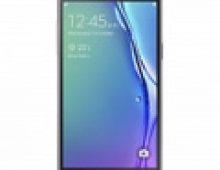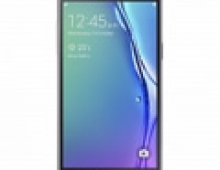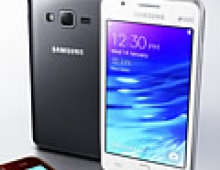
Samsung's to Integrade Its Bada OS With Tizen
Samsung is working on merging its "bada" smartphone
operating system with Tizen, an operating system
project the company is conducting with Intel.
"We have an effort that will merge bada and Tizen,"
said Tae-Jin Kang, Senior Vice President of Samsung's
Contents Planning Team in an interview with Forbes at
the Consumer Electronics Show (CES). Kang said he
didn't know when the work would be complete but that
it was already underway.
Last September, Intel announced its involvement in the Linux Foundation and LiMo Foundation, who plan to develop Tizen, a new Linux-based open source software platform for multiple device categories. The two Linux groups would combine their technologies to create a new operating software platform for a range of mobile devices led by Intel and Samsung. Tizen incorporates some technology from Intel's former MeeGo project with Nokia.
When the integration is finished, Tizen will support mobile applications written with bada's SDK. That support will include backwards compatibility for previously published bada apps.
Post-integration, bada and Tizen developers will be given the same software tools (SDKs and APIs), said Kang. The idea is that if developers know how to program in bada, they will understand how to make Tizen apps, too.
Samsung is currently supporting Google's Android platform for its highest-end smartphones and tablets. The company also produces phones that run on Microsoft's Window Phone OS.
Samsung launched bada in 2010. In 2011, bada phones made up about 2% of the global smartphone market - greater than the share held by Microsoft?s Windows Phone.
Bada/Tizen could eventually power a lot of Samsung products, but the transition will take time.
Last September, Intel announced its involvement in the Linux Foundation and LiMo Foundation, who plan to develop Tizen, a new Linux-based open source software platform for multiple device categories. The two Linux groups would combine their technologies to create a new operating software platform for a range of mobile devices led by Intel and Samsung. Tizen incorporates some technology from Intel's former MeeGo project with Nokia.
When the integration is finished, Tizen will support mobile applications written with bada's SDK. That support will include backwards compatibility for previously published bada apps.
Post-integration, bada and Tizen developers will be given the same software tools (SDKs and APIs), said Kang. The idea is that if developers know how to program in bada, they will understand how to make Tizen apps, too.
Samsung is currently supporting Google's Android platform for its highest-end smartphones and tablets. The company also produces phones that run on Microsoft's Window Phone OS.
Samsung launched bada in 2010. In 2011, bada phones made up about 2% of the global smartphone market - greater than the share held by Microsoft?s Windows Phone.
Bada/Tizen could eventually power a lot of Samsung products, but the transition will take time.

